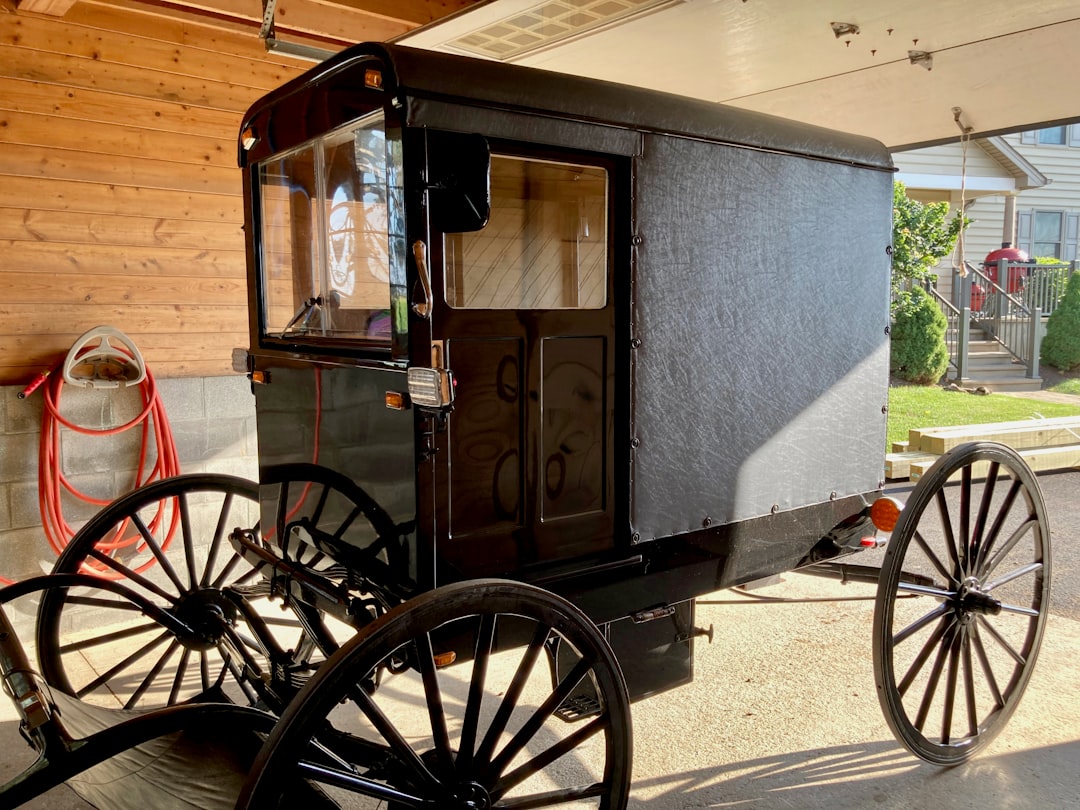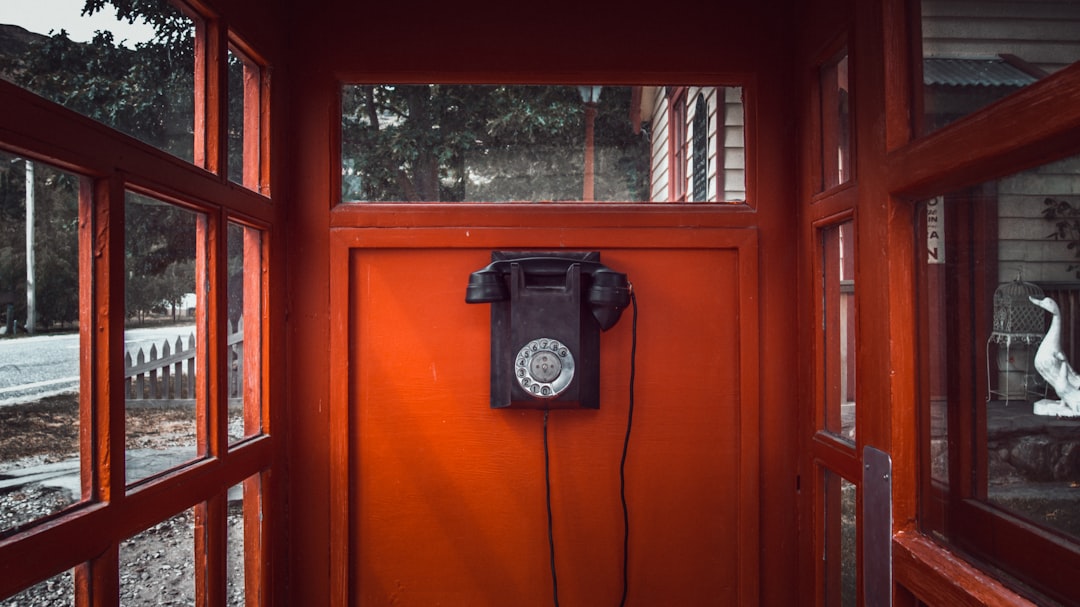Pennsylvania residents face a flood of deceptive robocalls from unknown numbers, disrupting daily life and potentially leading to financial loss. Legal protections exist under the TCPA, but consulting with robocall lawyers is crucial for blocking calls, compensating for fraud, and stopping nuisance calls effectively. Apps like TrueCall and NoMoRobo offer additional protection with advanced caller ID and adaptive filtering.
Tired of relentless robocalls? Pennsylvania residents now have a powerful weapon against these intrusive automated calls. This article delves into the pervasive issue of robocalls, their significant impact on daily life, and explores legal rights available to Pennsylvanians. We also highlight top-rated apps designed to combat and effectively reduce robocalls, empowering you with tools to reclaim your peace of mind. Discover how robocall lawyers in Pennsylvania are helping residents navigate this modern nuisance and protect their privacy.
Understanding Robocalls and Their Impact in Pennsylvania

Robocalls, automated phone calls from unknown numbers, have become a ubiquitous and often nuisance issue for Pennsylvania residents. While some robocalls promote legitimate services or organizations, many are telemarketing or scam attempts designed to deceive and exploit unsuspecting consumers. These unwanted calls can disrupt daily life, waste valuable time, and even lead to financial loss. In Pennsylvania, as in many other states, robocall complaints have surged in recent years, reflecting the growing frustration among residents.
The impact of robocalls extends beyond mere annoyance. They can create a sense of unease and insecurity, particularly when calls include threatening or deceptive messages. Robocallers often target vulnerable populations, including the elderly and those with limited access to information, making it crucial for Pennsylvania residents to be educated about their rights and available resources. Legal protections against robocalls exist, and reputable robocall lawyers in Pennsylvania can guide individuals on blocking such calls and seeking compensation if they’ve been a victim of fraudulent or harassing practices.
Legal Rights of Pennsylvania Residents Against Robocalls

Pennsylvania residents have legal rights when it comes to dealing with unwanted robocalls. According to the Telephone Consumer Protection Act (TCPA), it’s illegal for companies and organizations to make automated phone calls to individuals without their prior consent. This includes both prerecorded messages and live operators, making it a robust law against robocalls.
If you’re experiencing excessive or harassing robocalls in Pennsylvania, you have the right to take action. Consulting with a robocall lawyer in Pennsylvania can help you understand your options for legal recourse. These attorneys specialize in TCPA cases and can guide residents on how to file complaints, seek damages, and put an end to unwanted calls effectively.
Top Apps to Combat and Reduce Robocalls Effectively

In the ongoing battle against nuisance robocalls, several apps have emerged as powerful tools for Pennsylvania residents seeking to protect their privacy and peace of mind. These applications employ advanced technology to identify and block unwanted calls from various sources, including robocall lawyers. One popular choice is TrueCall, which offers a robust caller ID system that can detect and filter out known spam numbers. Users can also manually block specific callers or add them to a ‘Blacklist’ for additional protection.
Another notable app, NoMoRobo, provides comprehensive call blocking and filtering services, ensuring users receive only legitimate calls. It utilizes machine learning algorithms to adaptively learn patterns of robocalls and other nuisance calls, improving its effectiveness over time. For those specifically targeted by robocall lawyers, this app can be a game-changer, offering not just blocking but also detailed call logs and analytics to help users understand and combat these persistent intruders.






